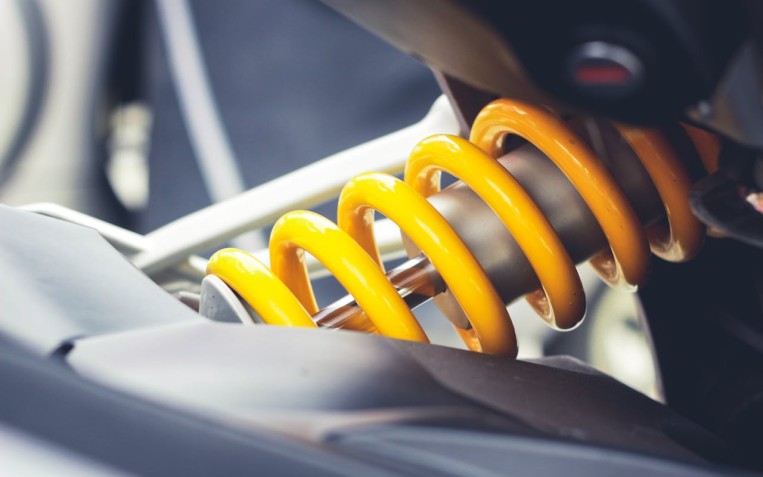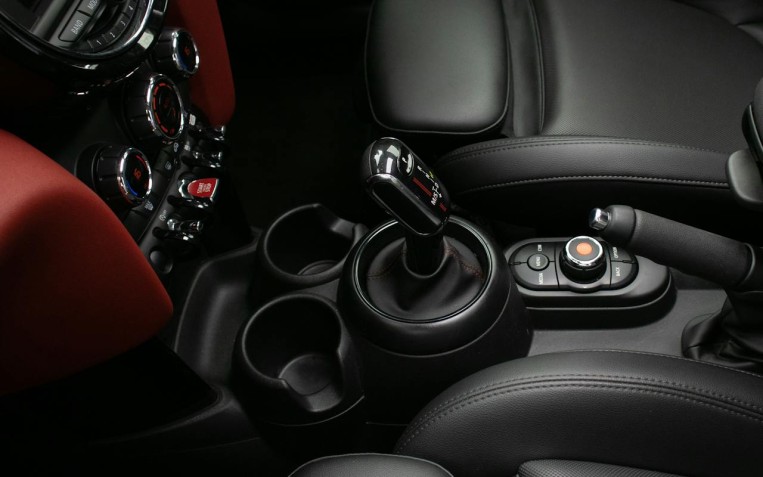Driving Abroad

Driving abroad is a great way to explore a new country, however, it can also be a daunting experience as many countries have laws, regulations and even road signs that are different to the ones that you are familiar with. Make sure you are prepared for driving abroad with this helpful advice from PTA Garage Services.
Please be aware that this advice is more of a general overview and we would recommend researching the specific driving laws, regulations and road signs of the destination you intend to drive in as well!

Check Your Driving Licence
You require a full Great Britain or Northern Ireland driving licence to drive in all EU countries and Switzerland. Some countries outside the EU require you to obtain an International Driving Permit to enable you to drive and this can be purchased directly from the AA or the Post Office.
In some countries, including Spain and Italy, you need to be over 18 years old to drive regardless of the legal age to drive in the country where you hold your driving licence so make sure you check this before you leave if you are under 18.
Ensure You’re Insured
Having all your paperwork in order before heading to your destination will make your holiday a lot less stressful! It is vital that you have necessary documentation in place before you drive abroad. Whether you are taking your own vehicle or hiring a car you will need to contact your insurance provider or take out insurance to make sure that you are covered.
In addition, it might be a good idea to take out breakdown cover for the country that you intend to drive in. This will ensure that you are protected if you suffer a breakdown or require emergency vehicle repairs.
Print off all your documents including your certificate of insurance, your full driving licence, your car registration document, your breakdown policy and travel insurance. Keep these with you when driving as this will make it easier for you if you do run in to any difficulties when driving abroad.
Know The Law
Make sure that you are aware of laws in your destination to stay safe and legal when driving. Familiarise yourself with the general speed limits of the country so that you can be sure you stay legal if you can’t see any signs when driving.
You should also check if there are certain restricted zones or areas that you should avoid. For example, in Italy city centres tend to be ZTL zones which are reserved for residents and entering these could result in fines!
Plan Your Route
Getting lost on the road can be daunting, but getting lost in a foreign country could be even worse! Plan your route before hitting the road and carry a paper map with you just in case you do get lost or need to re-route. A paper map is an essential for driving abroad as satellite navigation systems can lose signal and are actually illegal in some countries.
Things to Research
- Do you need to carry anything specific in your vehicle when driving? For example, in France it is a legal requirement that you have a single use breathalyser approved by the French government with you in your vehicle.
- Which side of the road are you supposed to drive on? If it is opposite to what you are used to you will need to take great care when negotiating roundabouts and overtaking.
- Are speed limits displayed in kilometres or miles? You don’t want to be saddled with a speeding fine for a simple misunderstanding!
- Are road signs displayed differently? Familiarise yourself with essential signs so you don’t get confused when driving!

- What are the regulations on toll roads? Check whether your intended journey features toll roads and how you will need to pay them. For example, in Italy you can apply for a Telepass which will automatically pay tolls for you.
PTA Garage Services wish you safe and happy motoring this summer!
Related Content

Should I have soft or stiff suspension springs for my vehicle?
Suspension springs are essential for maintaining your vehicle’s stability and ride height. Over time, the springs will succumb to wear and tear, which affects how your car handles, brakes and accelerates on the road. Discover whether you should...

What is engine braking?
Engine braking involves taking your foot off the accelerator pedal, allowing your car to slow down. Over time, the parts on your vehicle’s braki...

A guide to the different types of car clutches
The clutch is responsible for channelling the power from the engine, through to the gearbox, and the wheels. Your vehicle's clutch will differ dependi...

